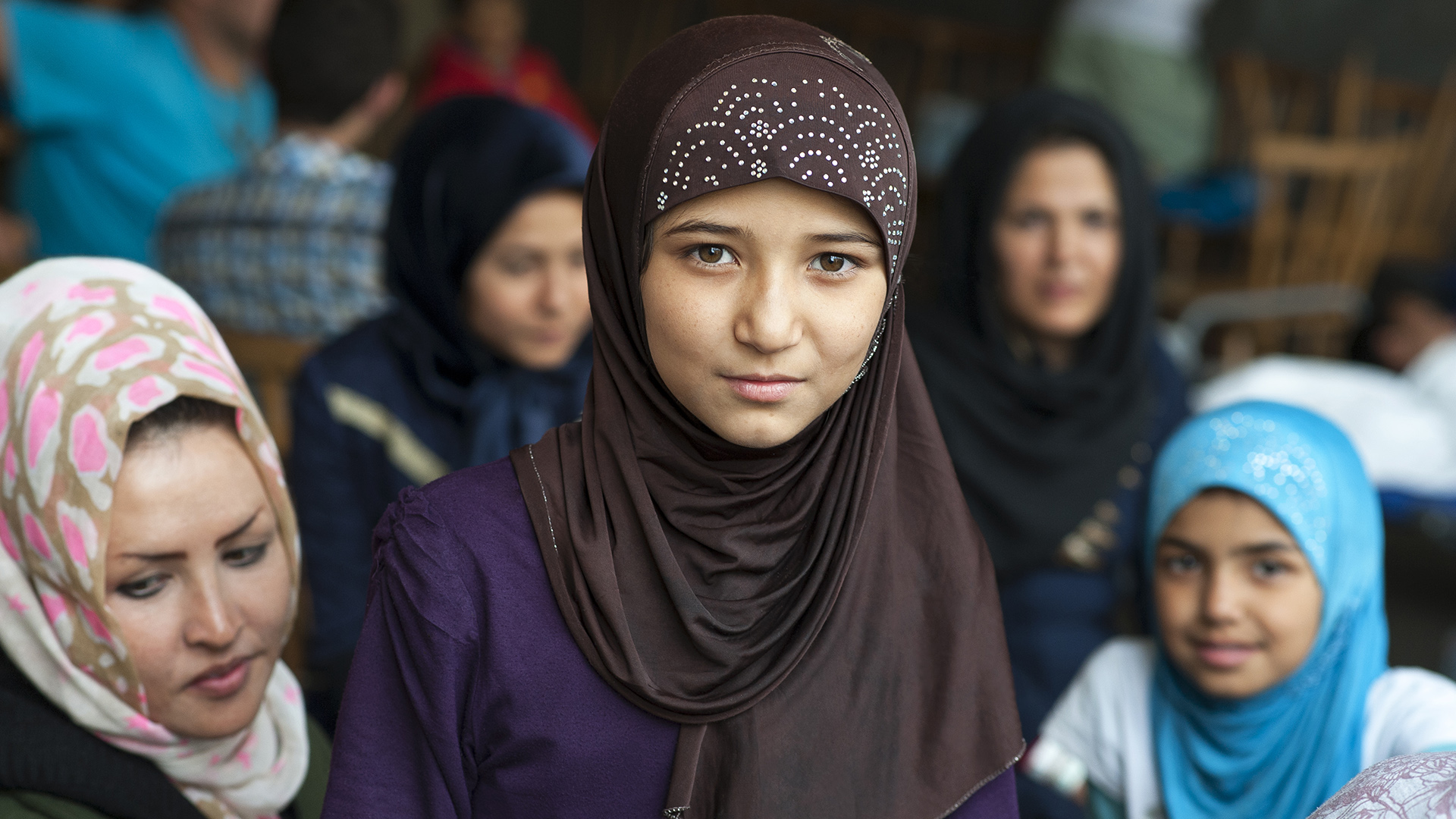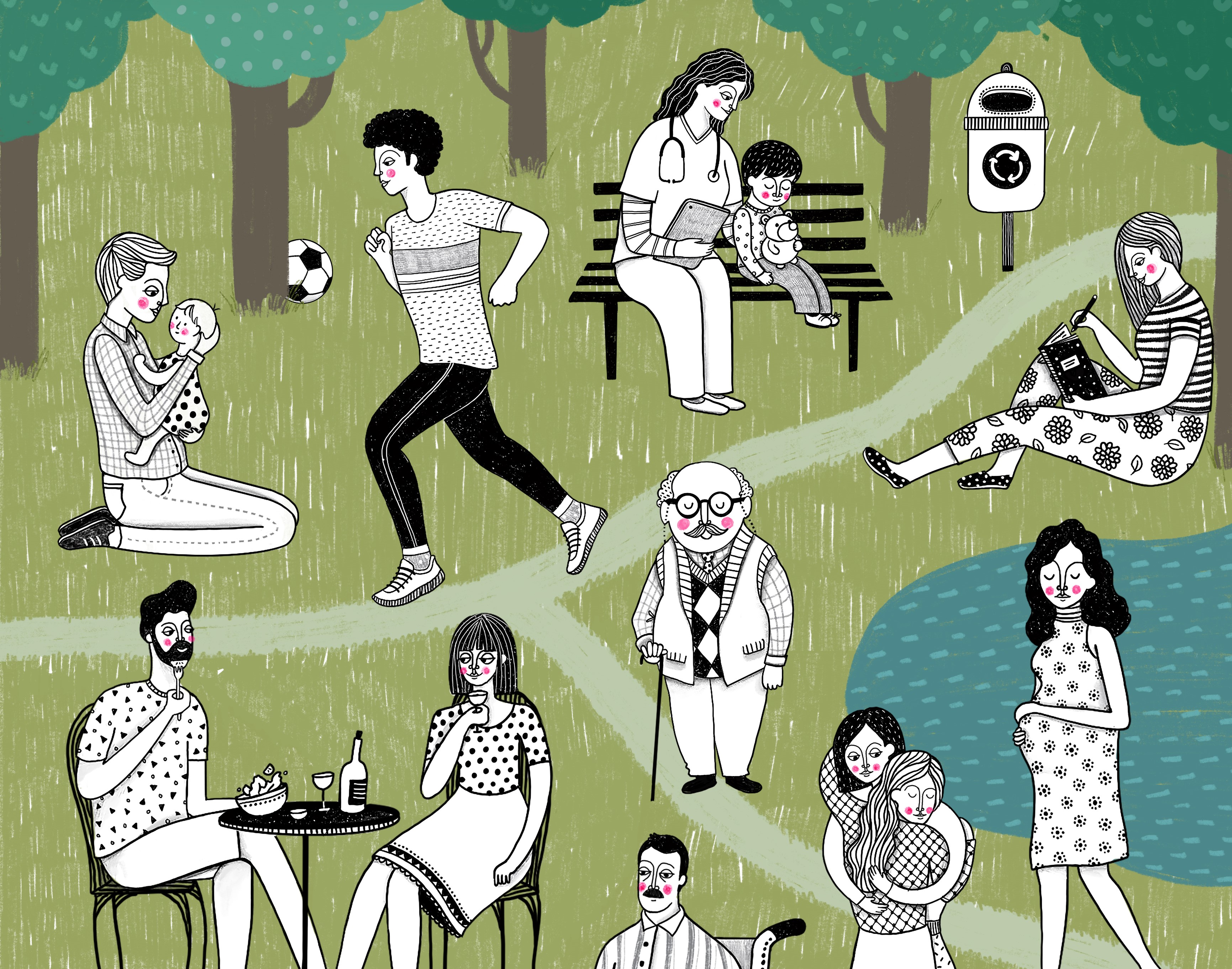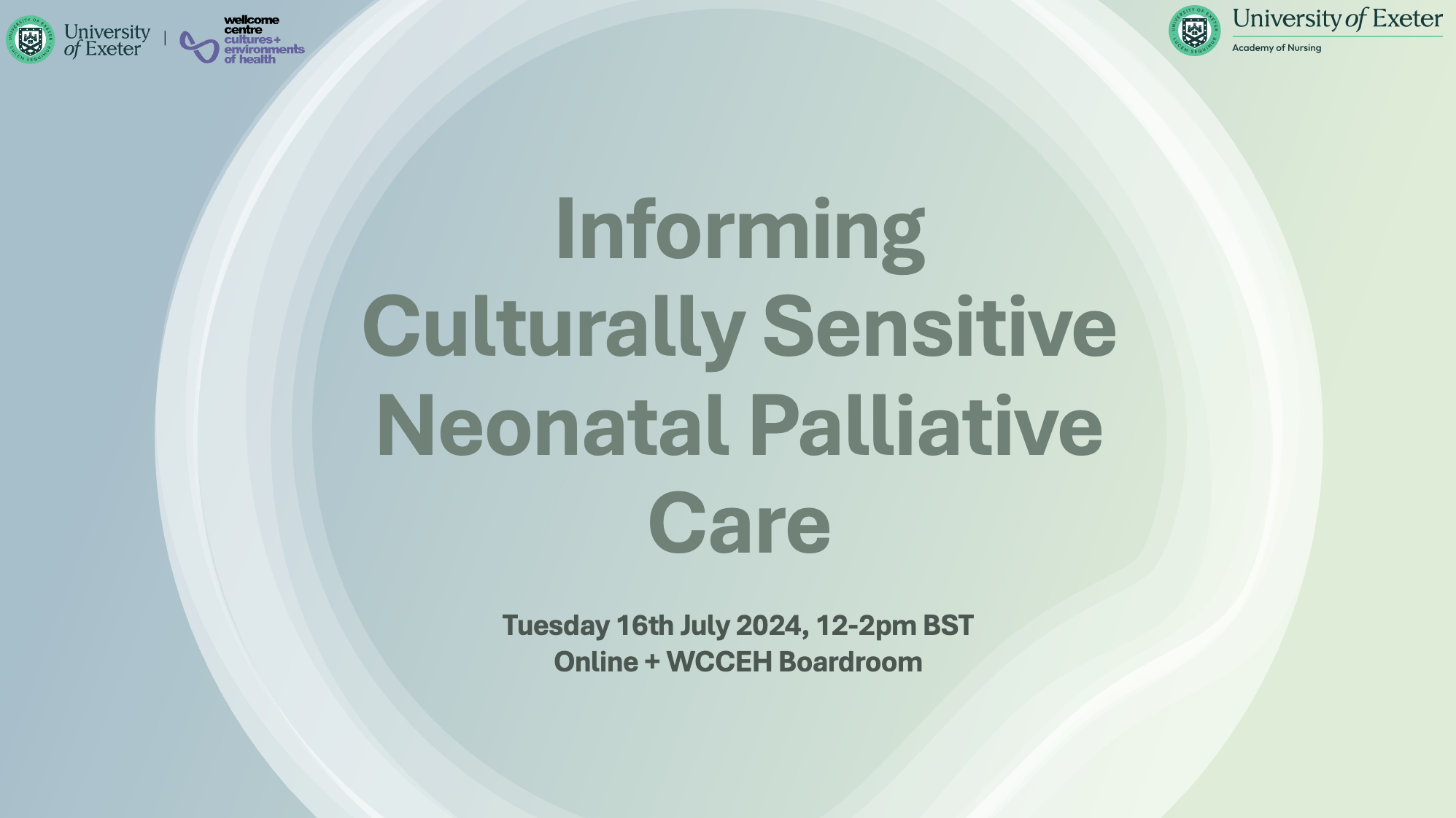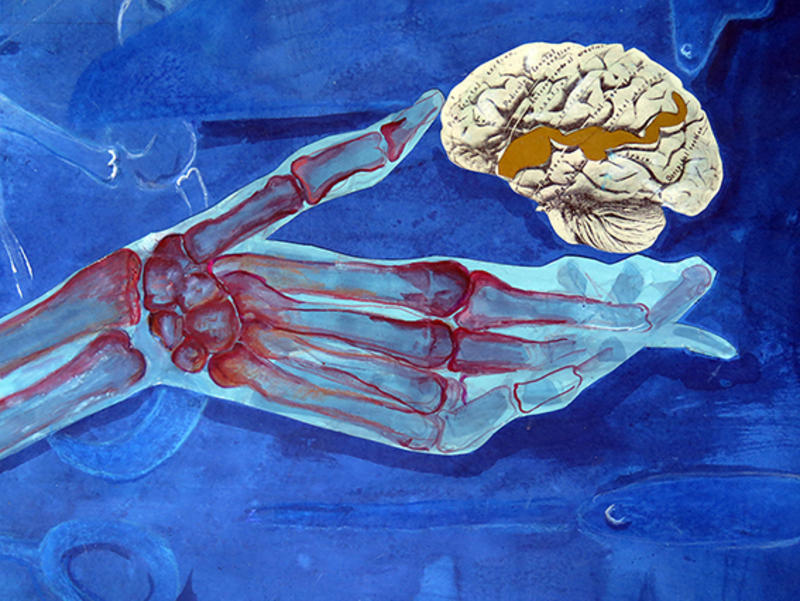Embracing cultural diversity unlocks key resources for more inclusive health systems

Held every year on 21 May, the World Day for Cultural Diversity for Dialogue and Development is an opportunity to celebrate not only the richness of the world’s cultures, but also the importance of cultural competency and intercultural dialogue within health-care systems.
The essential role played by health-care workers in advancing towards universal health coverage gains additional importance in the context of a worldwide health emergency such as COVID-19. Public health efforts against COVID-19 require a whole-of-society approach and must include refugees and migrants in national plans and strategies.
However, refugees and migrants may live under conditions that make them more vulnerable, and face the risk of being neglected and marginalized during the current pandemic. They may encounter social, political, economic, linguistic and cultural barriers to accessing health-care services that require specific and targeted interventions to ensure these communities’ right to health.
Intercultural mediators provide practical solutions
Over recent years, WHO/Europe has developed several documents providing evidence and outlining recommendations on the key contribution and effectiveness of cultural mediators and cultural competency training in improving the accessibility and quality of health care for refugees and migrants.
These publications highlight the activities performed by intercultural mediators in health care. Qualified and formally certified intercultural mediators:
- act as interpreters;
- bridge sociocultural gaps, contributing to adapting health services to cultural characteristics of refugees and migrants;
- assist in conflict prevention and resolution by enhancing intercultural understanding;
- increase refugees’ and migrants’ integration, health literacy, and participation in health promotion and education programmes;
- advocate against institutional discrimination;
- build trust and improve the therapeutic relationship; and
- offer psychosocial support.
WHO/Europe strongly recommends the integration of intercultural mediators into health-care systems across the European Region to provide equitable care to refugees and migrants. This is even more imperative during a global health emergency, when an effective response demands the inclusion of all.
Cultural considerations help develop inclusive interventions
It is equally imperative to directly involve refugee and migrant health-care workers and community leaders in developing health system strategies to ensure that these communities are represented and their specific needs are reflected in prevention, response and transition measures.
Making effective policies on migration and health means examining how culture mediates both caregiving and care receiving in cross-cultural and multicultural contexts. It means addressing the urgent need for culturally sensitive assessments of health and well-being as well as relevant approaches to health-care delivery.
While responding to COVID-19 and developing strategies to transition to a “new normal”, Member States should consider the risk of exacerbating pre-existing health inequalities and implement measures that are culturally sensitive to effectively reach refugee and migrant communities.
A commitment to placing principles of equality and nondiscrimination at the centre of building stronger and more resilient health systems must regard culture as a key to advancing towards universal health coverage and implementing the 2030 Agenda for Sustainable Development.
Allowing for careful considerations of cultural differences in health-care interventions means recognizing culture as an enabling factor for sustainable development and health-care systems that leave no one behind.




